What is an excess contribution?
Contributing more to your health savings account (HSA) than the IRS limit for the tax year creates an excess contribution. All excess contributions are subject to income tax and a 6% excise tax each year until corrected.
What are the IRS limits?
The amount you can contribute to an HSA is set by federal regulations and is adjusted annually for inflation—find out the exact amount.
The IRS maximums are the combined total of IU contributions, your contributions to your HSA, your spouse’s contributions to their own HSA (if applicable), and contributions made to an Archer MSA (if applicable). These maximums can be further affected by the number of months you are covered under an HDHP.


